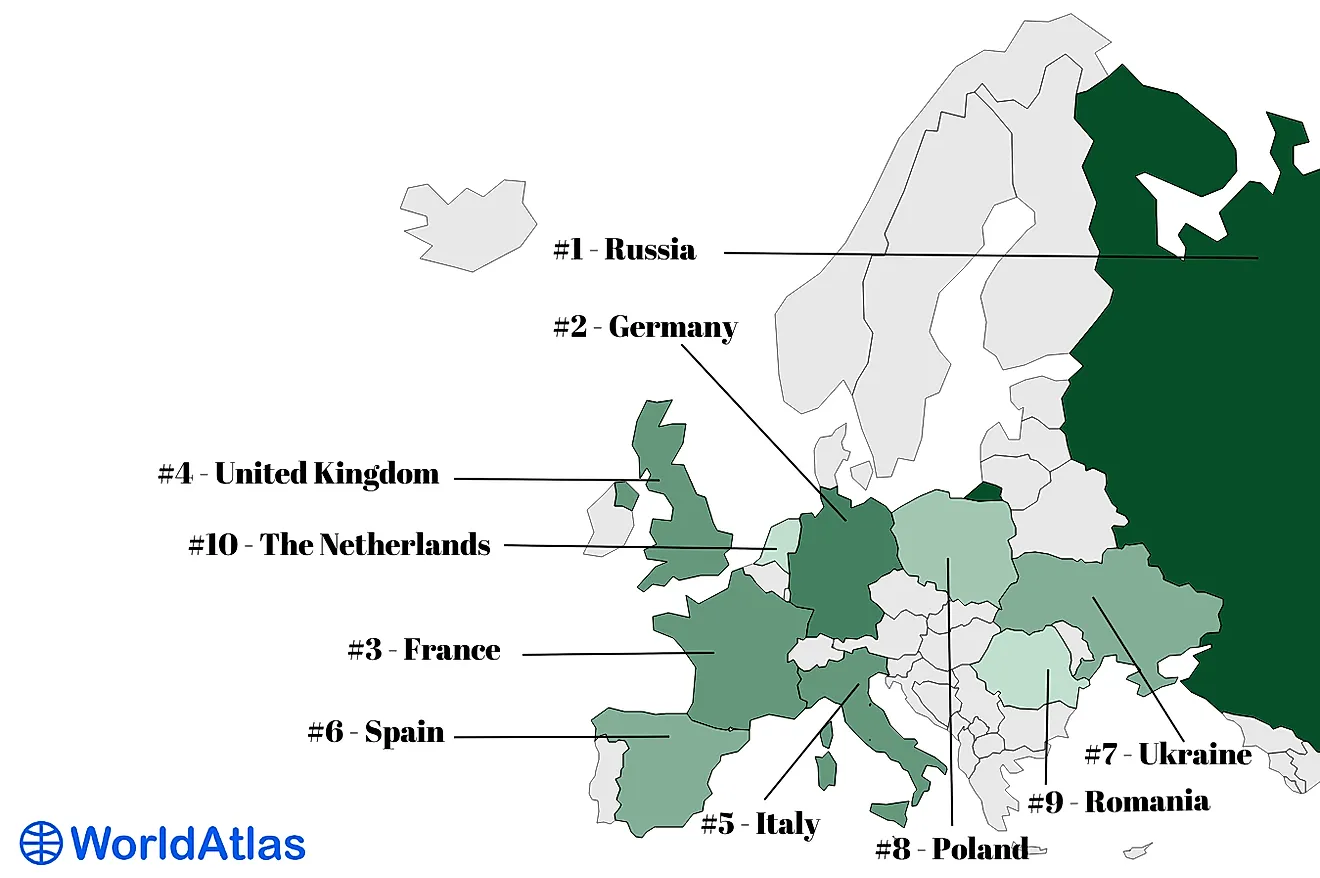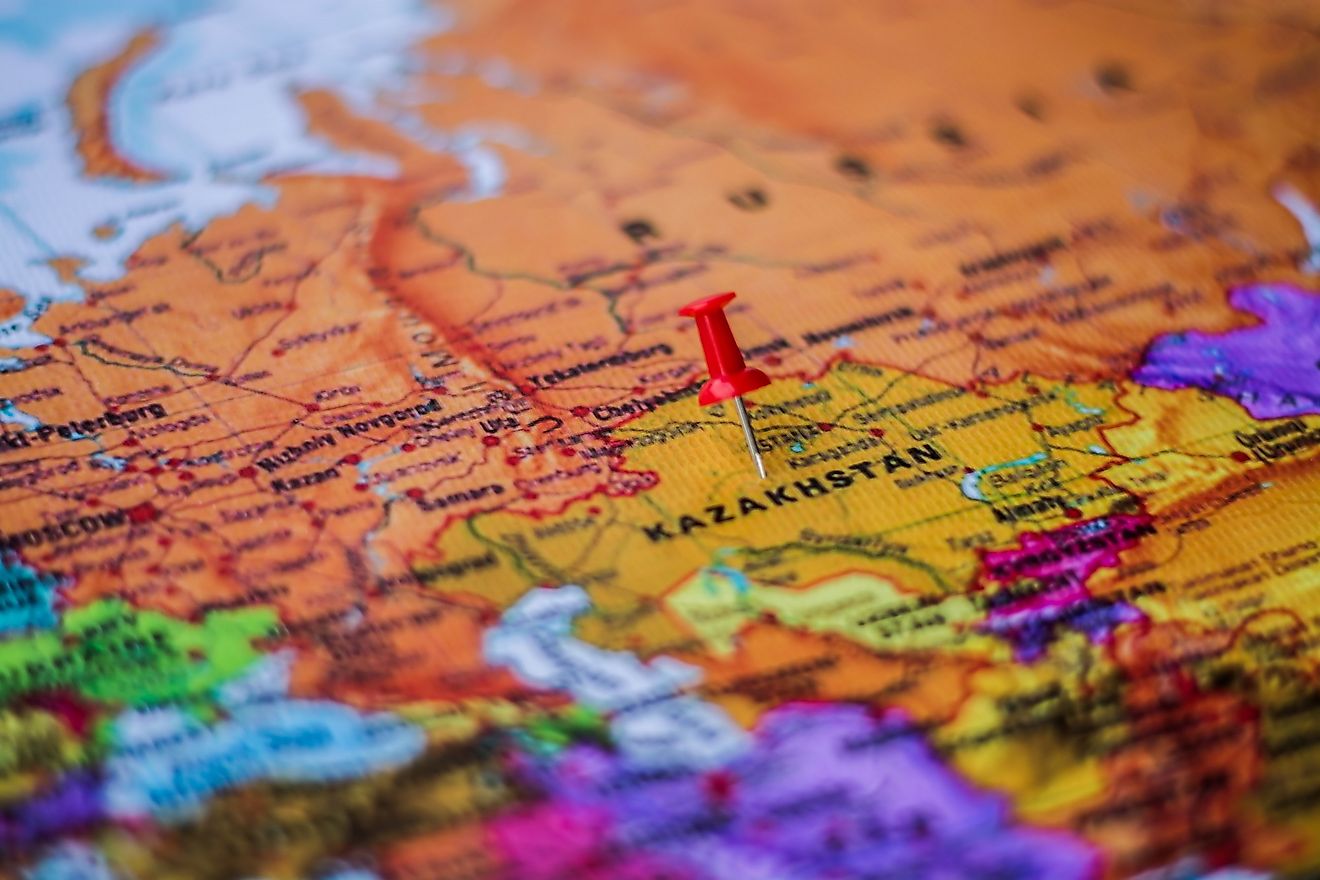What is Reverse Brain Drain?

Reverse brain drain is the movement of human capital from a more economically developed nation to developing states that are growing rapidly. It is a type of brain drain which involves the migrants developing skills overseas which are useful in their home countries. Brain drain occurs when academic elites migrate to more developed nations to study and do research in fields with education limitations in their home countries. Some of these individuals then go back to their home nations to work for multi-national firms, universities, or open related businesses.
Factors Contributing To Reverse Brain Drain
Most immigrants preferred working and living permanently in developed states in the past, but numerous factors have contributed to them returning to their home countries. Recent economic growths in the developing nations have contributed to the reverse brain drain. Nations that are attractive to the returning elites develop various migration policies that attract foreign executives, professionals, and academics. Some developing countries have developed a working environment with rewarding opportunities for individuals with skills and knowledge from overseas. Difficulty in getting long-term working visas has forced a huge number of foreigners to go back home.
Enhancing Reverse Brain Drain
Reverse brain drain takes place in nations that have suffered from brain drain. The governments of these countries use various methods to reverse brain drain including implementing new government policies, scholarships, and contracts among others. The three ways of implementing reverse brain drain adopted by multiple governments include encouraging students to study abroad, retaining their students, and engaging with the diasporas. Engaging with their nationals living overseas has resulted in the diasporas acting as a bridge for foreign trades and investments while facilitating the transfer of knowledge. Some of the countries to benefit from reverse brain drain include:
India
Salman Khurshid, the former Indian Minority and Corporate affairs minister, explained a new type of reverse brain drain occurring in India. Salman revealed that a vast number of second-generation Indians are returning to India. Therefore reverse brain migration is not limited to the first generation individuals. Various multinational firms are sending Indians to manage their companies based in India.
China
The Chinese government has implemented various government policies that have promoted reverse brain drain over the last few decades. Some of these policies include political stability, changes in how the state uses its citizens, freedom to emigrate and immigrate and improvement in the domestic environment. The government has rewarded the returning Chinese with huge bonuses.
Other Countries
The phrase commonly used in Africa instead of ‘’brain drain’’ is ‘’RTT’’ (Reverse transfer of technology). RTT describes the migration of experienced scientists from their countries to Africa. South Korea reversed the brain drain by empowering the returnees and creating a conducive domestic environment. After the September 11 attacks, most Pakistanis living abroad started returning home, and their incredible credentials made it possible for them to get job opportunities in Pakistan.
Problems Associated With Reverse Brain Drain
The issues related to reverse brain drain have been felt in the developed nations. Countries like the United States, which replaced native-born Americans with foreign academicians and professionals, are affected by reverse brain drain. Reverse brain drain leaves various developed nations with a shortage of intellectual capital. Statistics show that over 52% of the startups in Silicon Valley were started by foreign-born entrepreneurs. Foreign-born scientists have produced over 25% of the global patents. Over 25% of the American engineering and science workforce is foreign-born professionals, and over 47% of them have PhDs.











